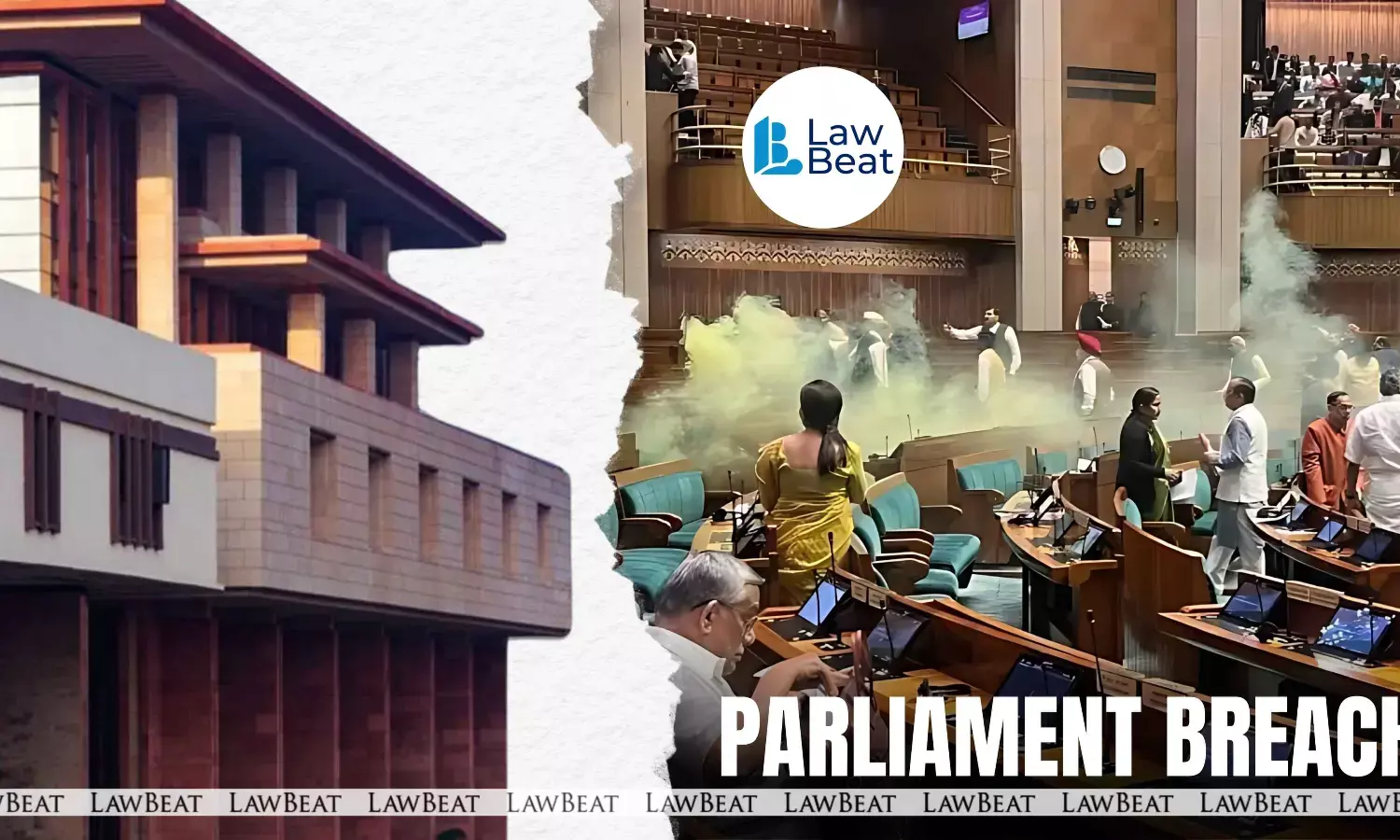2023 Parliament Security Breach: Delhi High Court grants bail to two accused

The Delhi High Court on Wednesday, July 2, 2025, granted bail to two accused, namely Neelam Ranolia alias Azad and Mahesh Kumawat, in the December 2023 Parliament security breach involving the release of smoke canisters during a live parliamentary session.
The order was passed by a Division Bench comprising Justices Subramonium Prasad and Harish Vaidyanathan Shankar which has directed the accused to furnish bail bonds of Rs 50,000 each with two sureties.
Notably, the High Court had reserved its order on May 21 after hearing the bail plea filed by the two accused, who had challenged the trial court’s decision rejecting their request for bail.
In January 2024, Additional Sessions Judge Hardeep Kaur had rejected the bail plea of Neelam Azad. The prosecution had argued that Azad played a role in “disrupting the sovereignty and integrity” of India, emphasising the grave nature of the allegations against her.
The Incident
The case stems from events that unfolded on December 13, 2023, the anniversary of the 2001 Parliament attack. Following tributes to the martyrs, regular proceedings commenced in the Lok Sabha and were being broadcast live across the country.
Around 1 PM, while a Member of Parliament from West Bengal was speaking, two individuals jumped from the visitors’ gallery into the main chamber of the Lok Sabha, an area strictly off-limits to the public.
One of them, later identified as Sagare Sharma, leaped across empty seats and released a yellow smoke canister concealed in his shoe. His accomplice, Manoranjan D, followed suit with a second canister. Both men were subdued by MPs and security staff after some resistance.
Statements from several parliamentarians described the moment as chaotic and frightening. The thick smoke reportedly caused difficulty in breathing, burning eyes, and widespread panic, forcing the session to end abruptly.
Last Hearing
During the last hearing, Additional Solicitor General (ASG) Chetan Sharma strongly opposed the bail pleas. He argued that the incident amounted to more than a mere disruption — it was an “assault on 140 crore citizens” of India.
“It is not an assault or attack on individuals A, B, and C. It is an assault on individuals A, B, and C who represent the electorate of this country. 140 crores of people are crystallized and subsumed in a particular place, which is the temple of democracy. If UAPA is not applicable here, then in which case should it be applicable?” Sharma told the court.
Referring to the symbolic weight of the attack on Parliament, it was submitted that the act posed a serious threat to national security and justified prosecution under the Unlawful Activities (Prevention) Act (UAPA).
Case Title: Neelam Azad v. State
